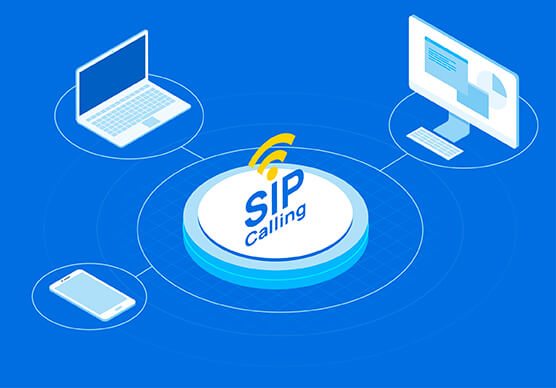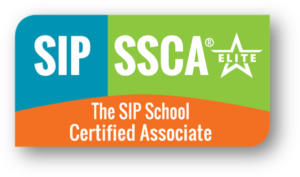
Being able to communicate with your team members simply, inexpensively, and effectively at all times will help your business stand out from the competition in today’s cutthroat business environment.
According to Pew Research, in December 2020, well over 70% of employed persons in the US were doing their job from home. Although the epidemic is mostly to blame for this, many employees don’t want to come back. In the US, about 54% of people who work from home say they want to do so after the outbreak.
According to a poll of about 81% of employees who work from home, they utilize video chatting and online conferencing services either occasionally or frequently to speak with colleagues and hold and attend meetings. VoIP for business makes sure you’re supporting the top-notch video, conferencing, audio, and desk-sharing technologies you need to keep your team productive regardless of where they decide to work.
Why Use VoIP for Business?
The VoIP market size was estimated by Global Marketing Insights to be $30 billion by the end of 2020, according to Forbes. And progress is being made. Between 2021 and 2027, the VoIP industry is expected to develop at a compound annual growth rate (CAGR) of 15%.
The reason for the growth is that VoIP can offer facilities for conference calls, group conversations, and many calls at once to organizations of all sizes. A VoIP system may usually be implemented with little to no installation using your existing gear or with the addition of only a small amount of new hardware. However, you might only need to spend a little extra on a few headsets, for instance.
The Advantages of VoIP for Business
Why would a company utilize VoIP? Your office space can benefit greatly from a good VoIP system. One of these might be enabling you to:
- Improve how you use your office space.
- Take care of several calls at once
- Utilize calling features to save money.
- Scale easily
- Connecting with clients and distant workers is simple.
- Support different working methods with a more unified communications system.
Those employees who choose to work from home may now do so with ease while continuing to participate in office conversations thanks to a VoIP system. This makes it possible for the management, team leaders, and employees to collaborate effectively.
Additionally, a VoIP system would typically provide more calling functions at a lower cost than a traditional phone system, providing value. These could include fax, voicemail, caller ID, call waiting, call blocking, the last number redial, and more, depending on the system. In your area, traditional landlines might offer many of these services, but they usually come with more expensive packages than VoIP.
As your firm expands, you can rapidly scale a VoIP to accommodate more offices and staff members. You may easily connect with remote workers using cloud-based voice technology. How?
A mobile phone system app is a common feature of VoIP providers’ services. Users will be able to take calls from clients and coworkers wherever they are while using a mobile device thanks to this. While it’s challenging to provide precise figures on how much money companies save by converting to VoIP, some sources claim that phone costs can be reduced by up to 50%.
Why would a company utilize VoIP? because it is logical on all counts.
How does VoIP Benefits Customers?
Yes, VoIP can also be beneficial to your customers. When you have a good infrastructure in place, VoIP enables you to:
- better address client problems
- Address issues and queries more quickly
- keep and enhance your reputation
- Enhance the customer experience
Customers’ issues can be resolved swiftly thanks to a VoIP system because team members can be accessed right away. No matter where they are, all parties can connect to the system.
Multiple online sources suggest that customers prefer to call customer service representatives. It can be comforting to discuss your problem with someone. A VoIP system for business can enhance the client experience and assist you in developing better connections to enhance your standing in your sector.
A dependable VoIP system makes sure that your clients can get in touch with you whenever they need to.
What SIP Phones Can Do For Your Business?
We take great satisfaction in offering you the best SIP trunking service possible for analog/digital gateways and IP-PBX systems at SIP.US. With your current internet connection, our system will operate well, enabling you to get started right away. Additionally, IP-PBX compliant hardware, softphones, digital gateways, and analog telephone adapters are supported by our ideal system.
We facilitate your transition. You can effortlessly manage your SIP trunks and phone numbers with the SIP.US web control panel while cutting costs. Our technology is adaptable and very dependable because it is fully automated and created to require little human intervention. It is simple to understand why VoIP should be used for business.
Here at CourseMonster, we know how hard it may be to find the right time and funds for training. We provide effective training programs that enable you to select the training option that best meets the demands of your company.
For more information, please get in touch with one of our course advisers today or contact us at training@coursemonster.com




